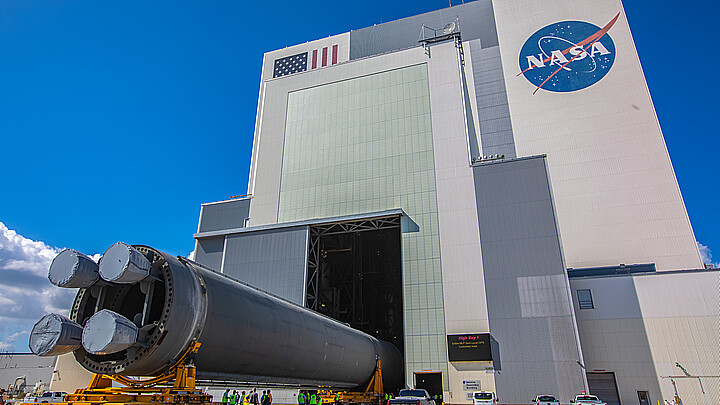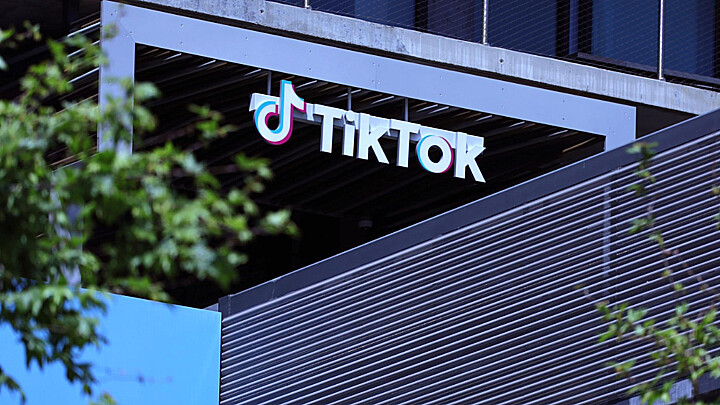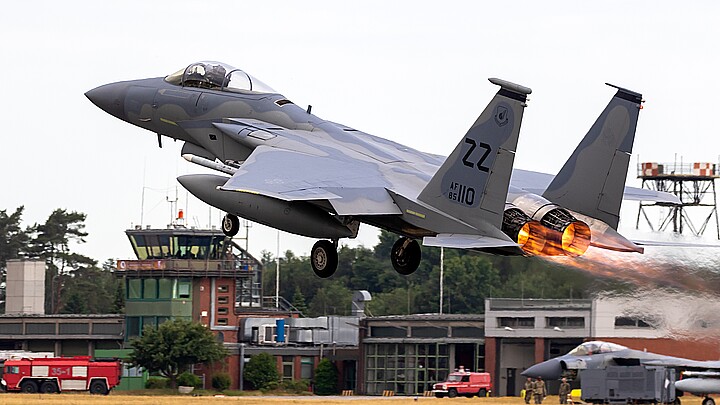Technology
NASA will retire International Space Station by crashing it into the ocean
February 4, 2022 1:44pm
Updated: February 4, 2022 5:21pm
The National Aeronautics and Space Administration announced earlier this week that it intends to crash the International Space Station into the Pacific Ocean when it retires the orbiting research station in 2030.
NASA announced its update to the ISS Transition Plan in a press release that celebrated the achievements aboard the space station and detailed plans for future commercial space stations in low-Earth orbit.
“The International Space Station is entering its third and most productive decade as a groundbreaking scientific platform in microgravity,” said Robyn Gatens, director of the International Space Station. “This third decade is one of results, building on our successful global partnership to verify exploration and human research technologies to support deep space exploration, continue to return medical and environmental benefits to humanity, and lay the groundwork for a commercial future in low-Earth orbit."
The 400-ton ISS will be sent crashing into Point Nemo, the point in the ocean furthest away from land. It has been used to dispose of over 263 pieces of space debris since 1971 by the U.S., Russia, Japan and European countries.
NASA plans to use commercial space stations to replace the ISS, announcing in December it had selected three companies - Amazon’s Blue Origin, aerospace and defesense contractor Northrup Grumman and Nanoracks LLC, who has been providing hardware and services to the U.S. National Lab aboard the ISS since 2009 – to receive $400 million in government funding toward designing their own.
"The private sector is technically and financially capable of developing and operating commercial low-Earth orbit destinations, with NASA's assistance. We look forward to sharing our lessons learned and operations experience with the private sector to help them develop safe, reliable, and cost-effective destinations in space," said Phil McAlister, director of commercial space at NASA.
Commercial space stations would allow NASA to pass the burden of employing and launching astronauts into low orbit to the private sector, freeing up resources for the space agency to focus on things such as deep-space exploration.










